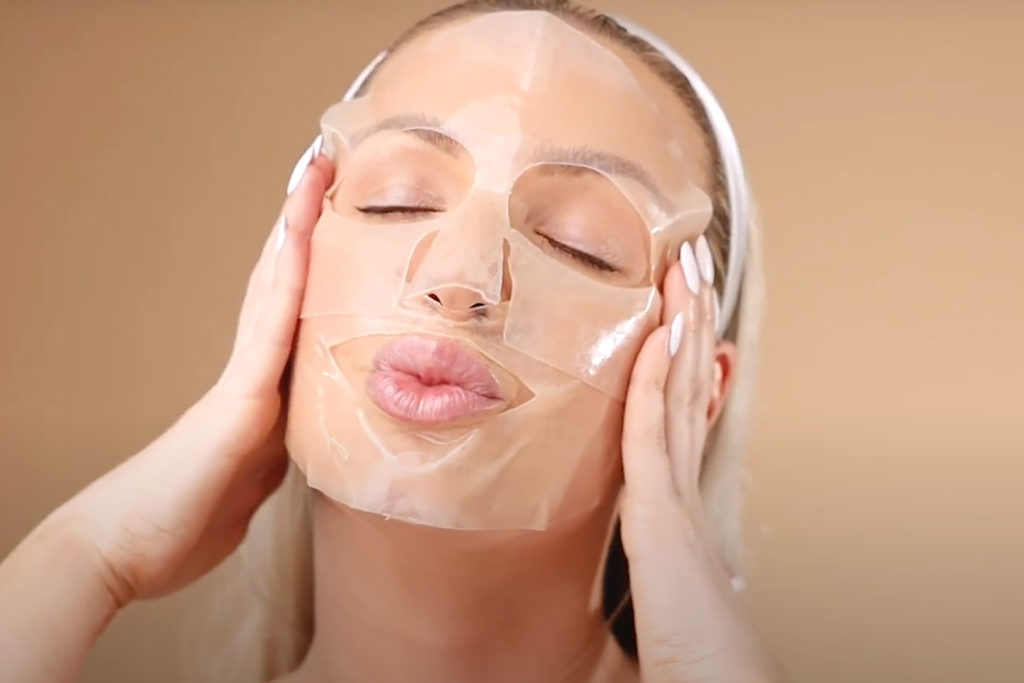How to Boost Your Face Mask’s Effectiveness with Serums
Expert Tips for Glowing Skin
Face masks are a staple in many skincare routines, offering a concentrated dose of active ingredients to address various skin concerns. But did you know that you can enhance the effectiveness of your face mask by pairing it with the right serum? By combining these two powerful skincare products, you can maximize their benefits and achieve even more radiant, healthy skin. In this blog post, we’ll explore how to boost your face mask’s effectiveness with serums, providing you with expert tips and insights for a more effective skincare routine.
Why Combine Serums with Face Masks?
Combining serums with face masks can amplify the benefits of both products, delivering deeper hydration, enhanced brightening effects, and more potent anti-aging results. Serums are designed to penetrate deeply into the skin, delivering concentrated active ingredients that can address specific concerns such as dryness, dullness, fine lines, and acne. When used in conjunction with a face mask, serums can help lock in moisture, boost absorption, and enhance overall skin health.
Choosing the Right Serum for Your Face Mask
To get the most out of your skincare routine, it’s essential to choose the right serum to complement your face mask. Here are some key pairings based on common skin concerns:
1. Hydration Boost
For dry or dehydrated skin, pair your hydrating face mask with a hyaluronic acid serum. Hyaluronic acid can hold up to 1,000 times its weight in water, making it an excellent ingredient for deep hydration.
Top Pick: Apply our Hyaluronic Acid Serum before using a hydrating sheet mask to lock in moisture and leave your skin feeling plump and refreshed.
2. Brightening Power
Keyword: Best brightening serums for face masks
If you’re looking to brighten your complexion and reduce the appearance of dark spots, combine a brightening face mask with a Vitamin C serum. Vitamin C is a powerful antioxidant that can enhance skin radiance and even out skin tone.
Top Pick: Use our Vitamin C Brightening Serum before applying a brightening mask to achieve a glowing, even complexion.
3. Anti-Aging Benefits
For mature skin, pair an anti-aging face mask with a retinol serum. Retinol helps to increase cell turnover, reduce the appearance of fine lines and wrinkles, and improve skin texture.
Top Pick: Apply our Retinol Serum before an anti-aging mask to maximize its rejuvenating effects and achieve firmer, smoother skin.
4. Acne Treatment
For acne-prone skin, pair a clarifying face mask with a salicylic acid serum. Salicylic acid helps to exfoliate the skin, unclog pores, and reduce inflammation.
Top Pick: Use our Salicylic Acid Serum before a clay mask to target breakouts and keep your skin clear and healthy.
How to Apply Serums with Face Masks
To effectively boost your face mask’s effectiveness with serums, follow these simple steps:
- Cleanse Your Face: Start with a clean canvas by thoroughly cleansing your face to remove any makeup, dirt, or oil.
- Apply the Serum: After cleansing, apply a few drops of your chosen serum to your face and gently massage it in using upward and outward motions.
- Apply the Face Mask: Once the serum has been absorbed, apply your face mask as directed. This could be a sheet mask, clay mask, or any other type of mask suitable for your skin type.
- Relax and Let It Work: Leave the mask on for the recommended amount of time, typically 10-20 minutes, to allow the serum and mask to work together effectively.
- Remove the Mask: Gently remove the mask and pat any remaining product into your skin. Do not rinse off unless the mask instructions specifically advise it.
- Follow Up with Moisturizer: After removing the mask, apply a moisturizer to lock in the benefits of the serum and mask, ensuring your skin stays hydrated and protected.











